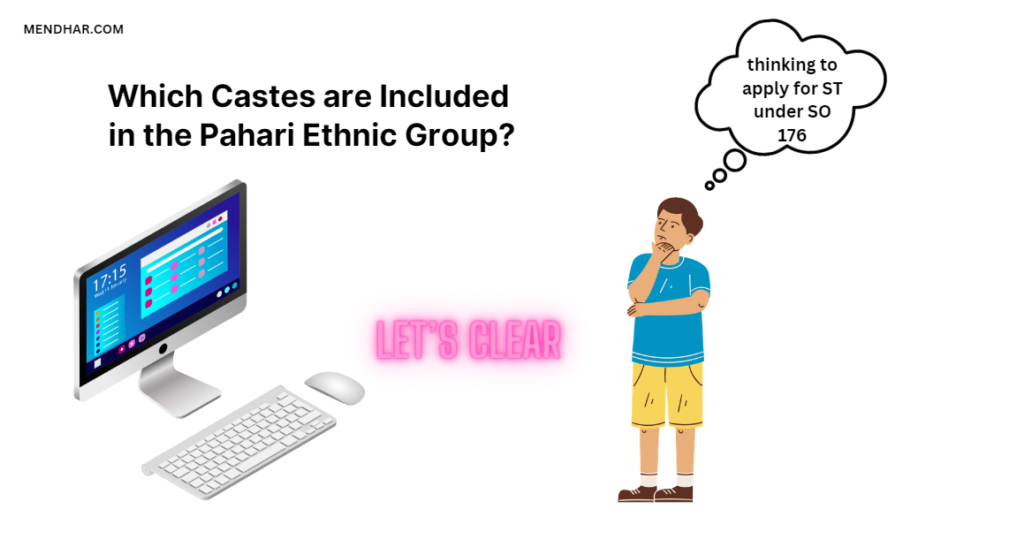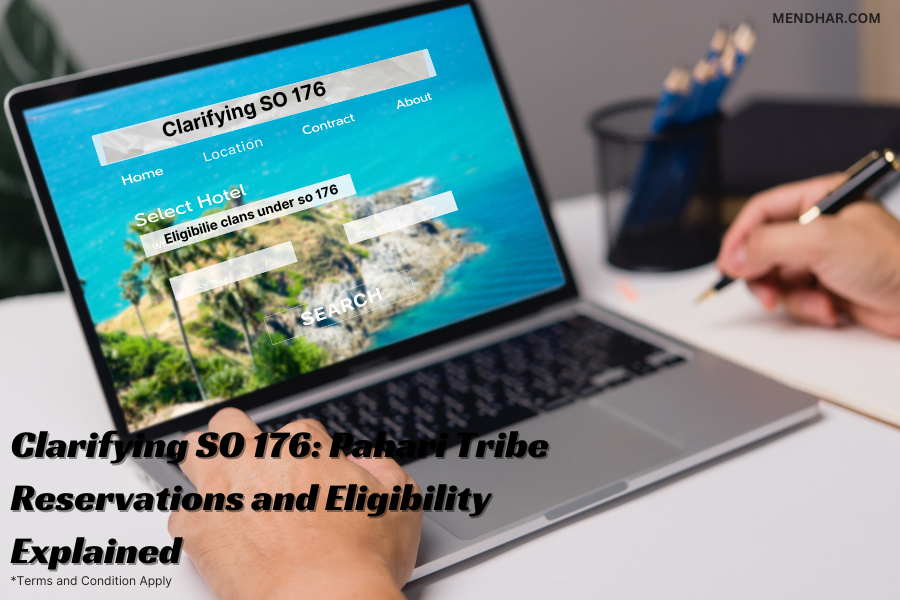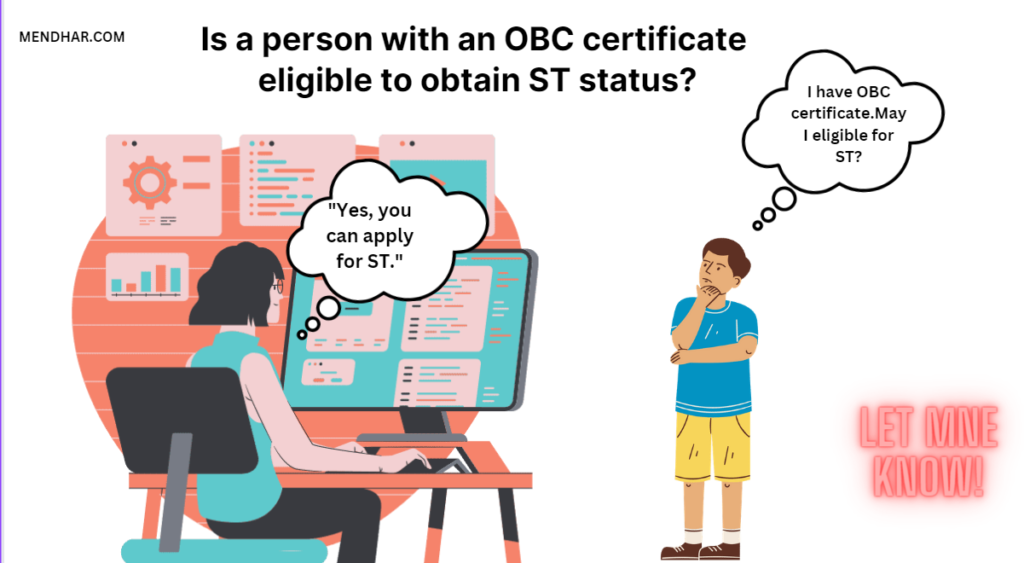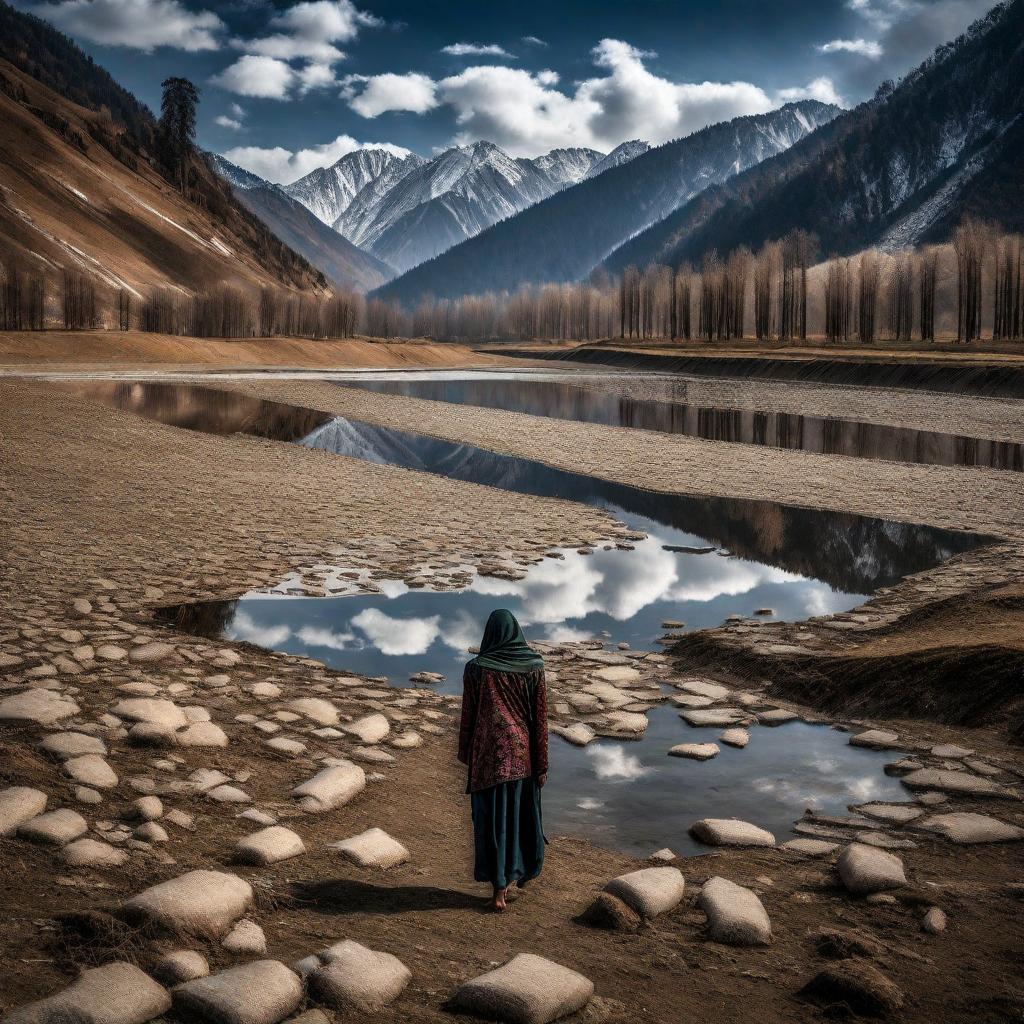
In the landscape of government policies, clarity is paramount to ensure equitable distribution of benefits and opportunities. The Special Order 176 (SO 176) holds significance as it aims to provide Scheduled Tribe (ST) reservations to individuals belonging to the Pahari ethnic group. However, understanding the castes included in this group and clarifying eligibility criteria, particularly for individuals holding Other Backward Classes (OBC) certificates, remains crucial. Let’s delve deeper into these aspects to gain a clearer understanding.
However, while the intention behind SO 176 is commendable, its effective implementation hinges upon a comprehensive understanding of several key components. Firstly, it is imperative to delineate which castes are encompassed within the Pahari ethnic group. Given the diverse cultural landscape of India, clarity on this matter is essential to prevent ambiguity and potential disputes regarding eligibility.
Furthermore, elucidating the eligibility criteria, particularly concerning individuals holding Other Backward Classes (OBC) certificates, is of paramount importance. Without clear guidelines in this regard, there is a risk of confusion and inconsistency in the application process, potentially leading to inequitable distribution of benefits.
To gain a more profound insight into these intricacies, it becomes imperative to delve deeper into the nuances of SO 176 and its implications. By scrutinizing the underlying mechanisms and clarifying any ambiguities, stakeholders can ensure that the intended objectives of the policy are realized in a fair and transparent manner.
In essence, while SO 176 represents a significant step towards promoting inclusivity and addressing historical injustices, its efficacy hinges upon the clarity and precision with which it is implemented. Through meticulous examination and elucidation of its provisions, policymakers can pave the way for a more equitable distribution of resources and opportunities among all segments of society.
Table of Contents
ToggleExploring Eligible Castes:
To comprehend the beneficiaries under the Pahari ethnic tribe, let’s examine some of the castes listed in Annexure-D to S.O 176:
- Bahach Hanjie, Shikara Wallas, and Bhat Hanji excluding house boat owners
- Fishermen, including Gada Hanz
- Markabans whose sole livelihood depends on Markabani
- Kumahars
- Shaksaz
- Mochi
- Bangies Khakrobes
- Hajjam/Nai
- Dhobi
- Bhands, Baghat
- Mirasis
- Madari/Bazigars
- Kulfaqir
- Dambali Faqir
- Dooms (excluding SCs)
- Shupri Wattal
- Sansis
- Sikligars
- Jheewars
- Gharati (Rural only)
- Teeli, Telwani, Teeli (Hindu along with already existing Muslim Teeli)
- Lohars
- Tarkhans, Najars
- Gilkar (Mason)
- Labana Community
- Sheer-Gojries, Gojri, Gojar
- Yogi/Jogi/Nath and Bouria/Boria/Bowaria Communities
- Waghey (Chopan)
- Ghirath/Bhati/Chang Community
- Jat Community
- Saini Community
- Markabans/Pony Walas
- Sochi Community
- Christian Biradari (Converted from Hindu Valmiki)
- Sunar/ Swarankar/Zargar
- Perna/ Kouro (Kaurav)
- Bojru/ Decount/ Dubdabay Brahmin
- Gorkans
- West Pakistani Refugees (excluding SCs)
- Gorkhas
- Acharyas

Understanding SO 176: Which Castes are Included in the Pahari Ethnic Group?
It’s essential to reiterate the significance of understanding the castes included in the Pahari ethnic group under SO 176. This clarity aids in ensuring that deserving communities receive the benefits intended for their socio-economic upliftment.
Additionally, ensuring that deserving communities receive the benefits intended for their upliftment under SO 176 is not just a matter of administrative efficiency; it is a matter of social justice. By accurately identifying and supporting marginalized communities, governments can work towards rectifying historical injustices and fostering a more inclusive and equitable society.
In essence, the significance of understanding the castes included in the Pahari ethnic group under SO 176 cannot be overstated. This clarity not only ensures that the right communities receive the intended benefits but also plays a pivotal role in promoting transparency, accountability, and social justice within the framework of governmental policies and welfare schemes.

Clarifying Eligibility for OBC Certificate Holders:
Another critical facet to consider is the clarification of eligibility for individuals holding Other Backward Classes (OBC) certificates to access benefits under Special Order 176 (SO 176). The response to this inquiry is affirmative. Individuals possessing OBC certificates are indeed entitled to apply for Scheduled Tribe (ST) certificates under the Pahari ethnic group. However, it is crucial to emphasize that they can only avail benefits within one category, either OBC or ST, but not both simultaneously.
This distinction is vital to prevent any potential confusion or misuse of benefits. By delineating this restriction, policymakers ensure that the allocation of resources remains fair and transparent. Moreover, it underscores the need for individuals to carefully consider their options and make informed decisions regarding which category best aligns with their circumstances and aspirations for socio-economic upliftment.
Furthermore, this clarification serves to uphold the integrity of welfare schemes and the principles of equity and justice. It ensures that benefits are distributed equitably among different sections of society, without favoritism or undue advantage for any particular group. By adhering to this policy, governments can effectively address the socio-economic disparities prevalent within marginalized communities, such as the Pahari ethnic group, and work towards fostering a more inclusive and equitable society.
Conclusion :
In conclusion, SO 176 signifies a crucial step towards ensuring the welfare and development of the Pahari ethnic tribe. By providing clarity on the number of beneficiary castes and the eligibility criteria for OBC certificate holders, this initiative aims to promote inclusivity and equity. As we navigate through the complexities, let’s strive to uphold the principles of fairness and justice, ensuring that every individual receives the support and opportunities they rightfully deserve.
With this clarification, we hope to dispel any confusion surrounding SO 176 and pave the way for informed decision-making and implementation of policies aimed at fostering socio-economic development.
Frequently Asked Questions (FAQ) about SO 176 and Pahari Ethnic Tribe Reservations:
1. What is SO 176?
Special Order 176 (SO 176) is a government initiative aimed at providing Scheduled Tribe (ST) reservations to individuals belonging to the Pahari ethnic tribe.
2. Who is eligible to benefit from SO 176?
Individuals belonging to the Pahari ethnic tribe and falling under the specified castes listed in Annexure-D to S.O 176 are eligible to benefit from this initiative.
3. How many castes are included in the Pahari ethnic group under SO 176?
There are a total of 41 castes included in the Pahari ethnic group under SO 176, as listed in Annexure-D.
4. Can individuals holding Other Backward Classes (OBC) certificates apply for ST reservations under SO 176?
Yes, individuals holding OBC certificates are eligible to apply for ST reservations under the Pahari ethnic tribe. However, they can only avail benefits for one category, either OBC or ST, but not both simultaneously.
5. What is the significance of SO 176 for the Pahari ethnic tribe?
SO 176 signifies a significant step towards addressing the socio-economic needs of the Pahari ethnic tribe by providing them with access to reservations and associated benefits.
6. How can individuals apply for ST reservations under SO 176?
Individuals eligible for ST reservations under SO 176 can apply through the designated government authorities following the specified application procedures.
7. Are there any restrictions on who can apply for ST reservations under SO 176?
As long as individuals belong to the Pahari ethnic tribe and meet the eligibility criteria outlined in SO 176, there are no specific restrictions on who can apply for ST reservations.
8. Can individuals avail benefits from both OBC and ST categories simultaneously under SO 176?
No, individuals can only avail benefits from one category, either OBC or ST, but not both simultaneously under SO 176.



Very good step of government for pahari community because now will be equality for everyone
excellent
Very good 👍 step taken by govt by clear the confusion.